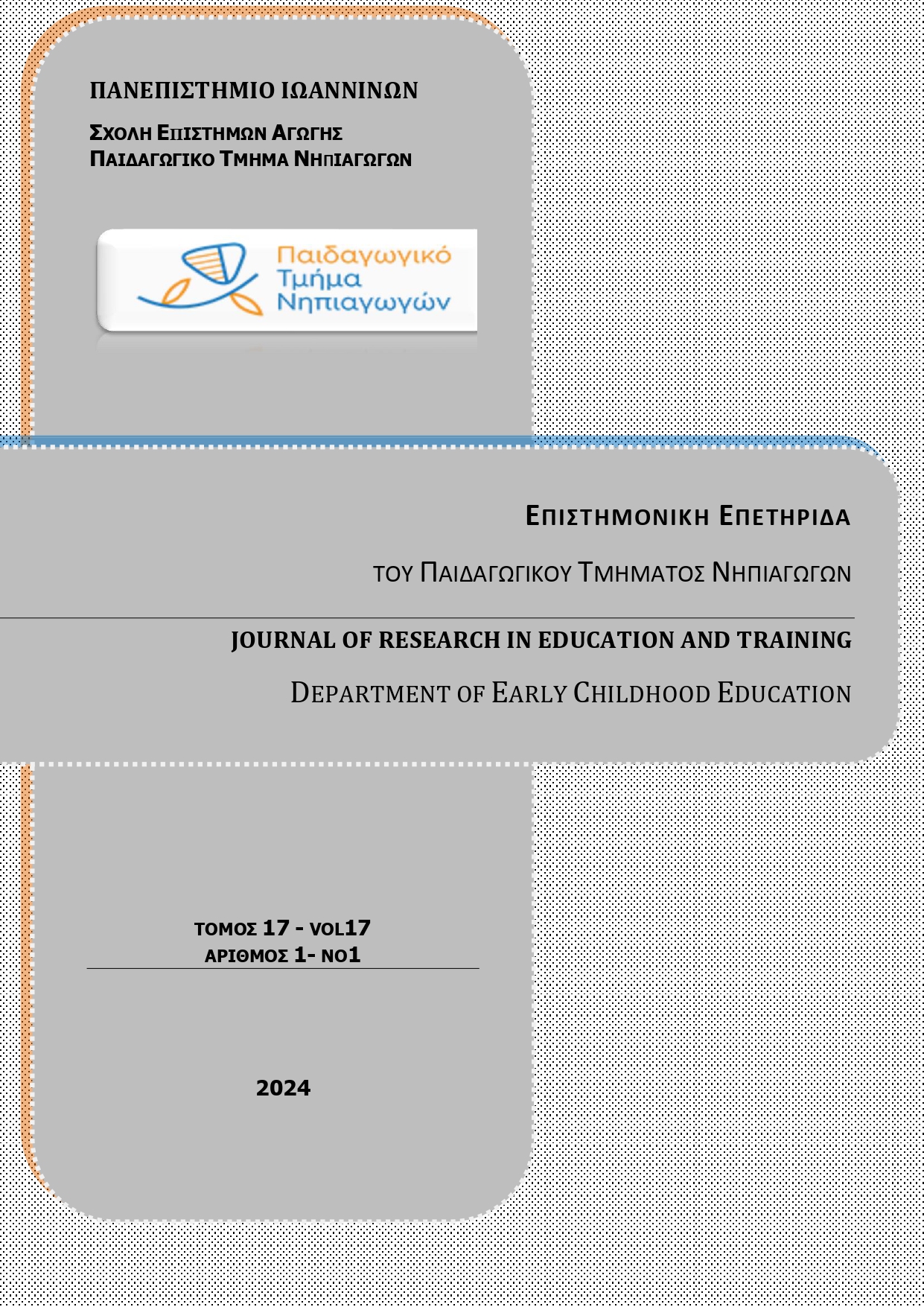Exploiting liquid racism texts within the multiliteracies framework critical literacy proposals and teachers' attitudes

Abstract
In this article, we present indicative teaching proposals for the critical exploitation of texts reproducing an ambiguous form of racism, i.e. liquid racism (Weaver, 2016). Following the multiliteracies model (Kalantzis & Cope, 2012), the goal of our proposal is to render students capable of identifying, questioning and attempting to change the racist positions put forward by (so-called) anti-racist discourse. In particular, we propose the critical analysis in class of a humorous narrative text with an anti-racist stance created by the United Nations High Commissioner for Refugees (UNHCR). The analysis is based on Bamberg’s (1997) narrative positioning model and on the General Theory of Verbal Humor (Attardo, 1994, 2001, 2020). Since the implementation of such proposal requires teachers’ involvement, we also attempt to detect the attitudes of a group of teachers towards critical literacy activities. Teachers’ attitudes were recorded through questionnaires after their participation in a seminar related to the critical exploitation of texts where liquid racism is attested. The investigation of participants’ responses brings to the surface both their positive attitudes and their reservations towards our critical teaching proposals. Overall, this study could form the basis for the future reworking both of our teaching proposals and of their application in educational settings.
Article Details
- How to Cite
-
Skoura, E., Tsami, V., & Archakis, A. (2024). Exploiting liquid racism texts within the multiliteracies framework: critical literacy proposals and teachers’ attitudes. Journal of Research in Education and Training, 17(1), 1–37. https://doi.org/10.12681/jret.34813
- Issue
- Vol. 17 No. 1 (2024):
- Section
- Articles

This work is licensed under a Creative Commons Attribution-NonCommercial-ShareAlike 4.0 International License.
Authors who publish with this journal agree to the following terms:
- Authors retain copyright and grant the journal right of first publication with the work simultaneously licensed under a Creative Commons Attribution Non-Commercial License that allows others to share the work with an acknowledgement of the work's authorship and initial publication in this journal.
- Authors are able to enter into separate, additional contractual arrangements for the non-exclusive distribution of the journal's published version of the work (e.g. post it to an institutional repository or publish it in a book), with an acknowledgement of its initial publication in this journal.
- Authors are permitted and encouraged to post their work online (preferably in institutional repositories or on their website) prior to and during the submission process, as it can lead to productive exchanges, as well as earlier and greater citation of published work (See The Effect of Open Access).


